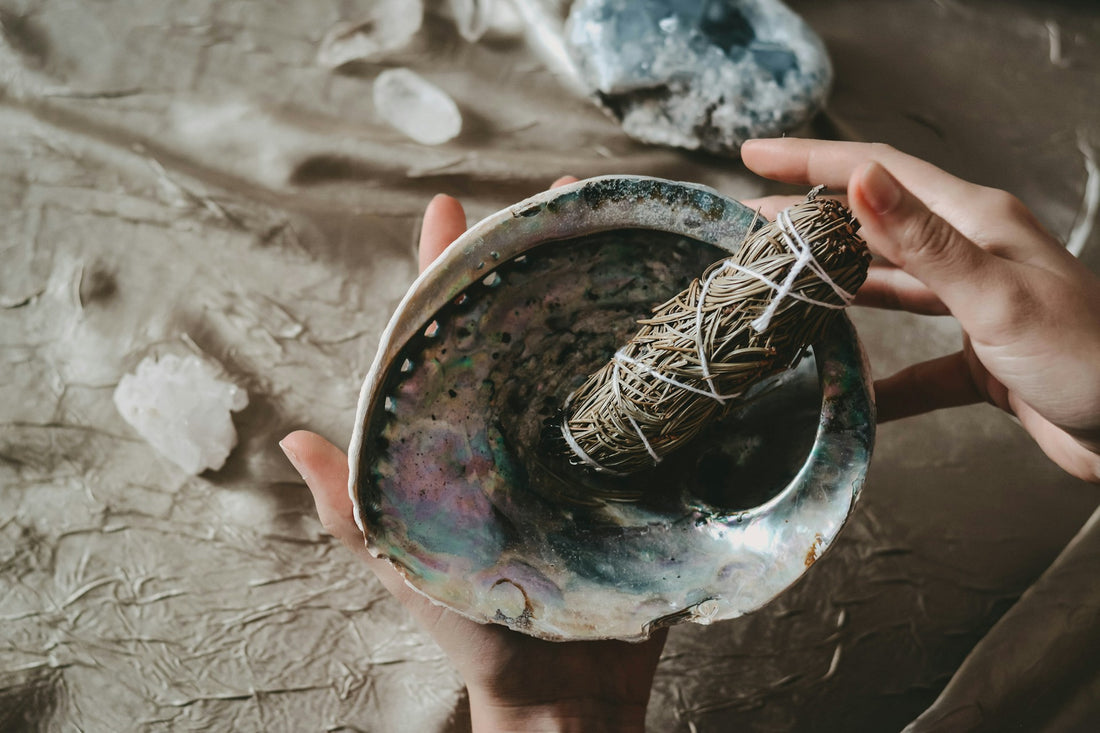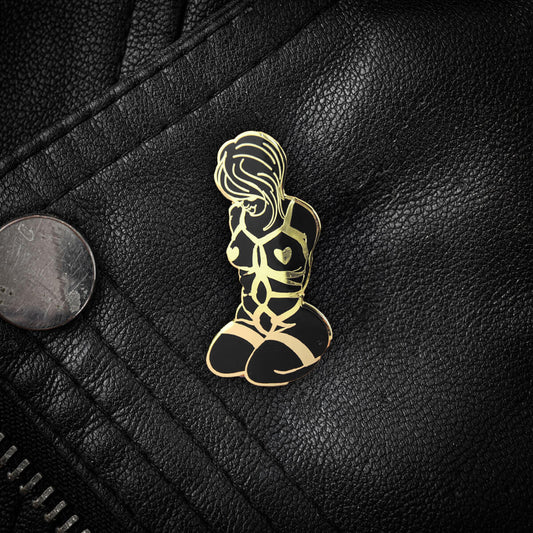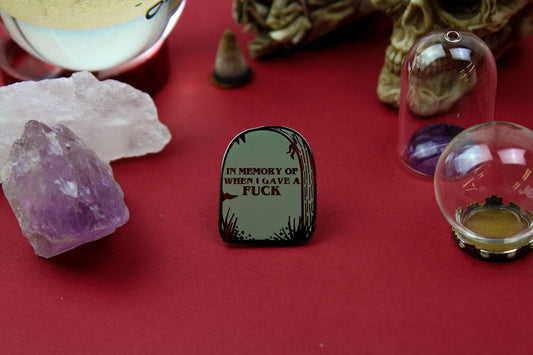
What Are Some Common Occult Rituals and Spells?
Share
What Are the Most Common Occult Rituals and Spells?
Occult rituals and spells cover a lot of different things, each with its own special aim and way of doing it. Take Banishing, for example. It's about getting rid of stuff you don't want around, so you have to be super careful about cleaning yourself, your tools, and where you're working. Then there's Invocation, where you try to connect with a deity by showing respect, calling out to them, or acting out a scene. On the flip side, Evocation is about summoning a spiritual being to come to you, like in something called goetia.
Eucharistic rituals hold significant importance within occult practices. They involve transforming ordinary items into divine symbols, which are then consumed. Consecration is the deliberate dedication of an object to a specific purpose, imbuing it with sacred meaning. Divination, another prevalent form of occult ritual, entails using various tools to gather insights from unseen realms. Western occultists commonly employ techniques such as astrology, bibliomancy, Thoth Tarot, and geomancy to gain foresight or unveil hidden knowledge.
These rituals and spells serve as potent instruments for practitioners to commune with the divine, harness spiritual energies, and actualise their intentions in the material world. Whether seeking guidance, protection, or transformation, occult rituals provide a means to explore the mysteries of the universe and unlock the potential of the human spirit.
What Is the Role of Intention in Rituals and Spells?
In occult rituals and spells, what you aim for really matters.
When you're crystal clear about what you want and focus on it, you put all your energy into making it happen. It's like saying out loud what you're after and asking the universe for a hand. Making sure you're super clear and specific about what you want is key. When you're planning spells or rituals, you think about what you want, why you want it, and how it might affect everyone involved. Also, it's important to make sure your goals line up with who you want to be.
Having a strong intention helps make things happen. It lets you tap into the power of the occult and make your dreams come true.

How Do Practitioners Prepare for Rituals and Spells?
When getting ready for rituals and spells, practitioners follow several steps. First, they create a dedicated space, like a room, altar, or quiet corner. They then gather necessary tools such as candles, herbs, and crystals that align with their spell's intention. Cleansing the space or themselves with sage or incense to remove negative energy is also common. Lastly, they focus on their intention and visualise the desired outcome to align their thoughts and energies with their goals. These steps help create an effective environment for their rituals.
What Tools and Symbols Are Commonly Used?
In occult practices, a variety of tools and symbols are commonly used to enhance rituals and spells. Candles are a staple, with different colours representing various intentions—white for purity and red for passion. Herbs like sage are used for cleansing, while rosemary offers protection. Crystals such as quartz provide clarity, and amethyst aids in spiritual growth. The athame, a ceremonial knife, directs energy during rituals. Symbols like the pentagram offer protection, and sigils are crafted for specific desires. Tarot cards are frequently used for divination and guidance. These items help practitioners focus their energy and intentions effectively during their rituals.

How Is Energy Manipulated or Directed in Rituals and Spells?
In occult rituals and spells, energy is manipulated and directed through a combination of focus, intention, and the use of specific tools. Practitioners often start by grounding themselves to establish a connection with the earth's energy. They then set a clear intention, which acts as a guide for directing energy. Tools like wands, athames, and crystals help to channel this energy more precisely. Visualisation techniques, such as imagining energy flowing from their body into the ritual space, are also employed. Through these methods, practitioners control and direct energy to achieve their desired outcomes.
What Is the Role of Timing and Astrological Factors?
In occult practices, timing and astrological factors play crucial roles in enhancing the effectiveness of rituals and spells. Practitioners often align their activities with specific phases of the moon, such as performing growth-related spells during the waxing moon or banishing spells during the waning moon. Planetary hours are also considered, where each hour of the day is ruled by a different planet, influencing the type of energy available. Additionally, practitioners may consult astrological charts to choose dates when celestial alignments support their intentions, making the rituals more powerful and aligned with cosmic energies.

Are There Ethical Guidelines for Performing Rituals and Spells?
In occult practices, ethical guidelines are important to ensure that rituals and spells are performed responsibly. One key principle is the "Rule of Three," which suggests that whatever energy a practitioner sends out, whether positive or negative, will return to them threefold. Additionally, practitioners are encouraged to obtain consent when performing spells that affect others and to avoid manipulating free will. The principle of "harm none" is also central, guiding practitioners to ensure their actions do not cause harm to themselves or others. These guidelines help maintain a respectful and ethical practice.
What Are the Risks and Dangers of Performing Rituals and Spells?
Performing rituals and spells carries certain risks and dangers, which practitioners must be mindful of. One risk is the potential backlash from improperly directed energy, which can result in unintended consequences. There's also the possibility of negative entities being attracted if protective measures aren't taken. Additionally, ethical lapses, such as attempting to control others' free will, can lead to harmful repercussions. Emotional and psychological strain from intense practices can also be a concern. Being well-prepared and knowledgeable helps mitigate these risks, ensuring a safer practice.

How Have Rituals and Spells Evolved Over Time?
Rituals and spells have evolved significantly over time, adapting to cultural, societal, and technological changes. In ancient times, rituals were closely tied to nature and seasonal cycles, often performed outdoors in sacred groves or temples. As societies became more structured, these practices moved indoors and became more formalised. With the spread of literacy and the printing press, knowledge of rituals and spells became more accessible, allowing for a broader range of practices. In modern times, the internet has revolutionised access to occult knowledge, enabling practitioners worldwide to share and innovate their practices, blending traditional methods with new insights and techniques. This evolution reflects the ongoing adaptation of rituals and spells to fit the needs and contexts of different eras.
What Are The Common Misunderstandings About Rituals and Spells?
There are several often repeated misunderstandings about rituals and spells. One major misconception is that they are always dark or harmful, often depicted inaccurately in the media. In reality, many rituals focus on positive intentions like healing, protection, and growth. Another misunderstanding is that rituals and spells offer instant results, whereas they often require time, patience, and repeated effort. Some people also believe that only certain individuals can perform rituals and spells, but in truth, anyone can learn with proper guidance and practice. Lastly, rituals and spells are sometimes seen as superstition rather than serious spiritual practices, overlooking their deep historical and cultural significance.
To learn about every facet of the occult, check out our longer article 'what is the occult?'.













